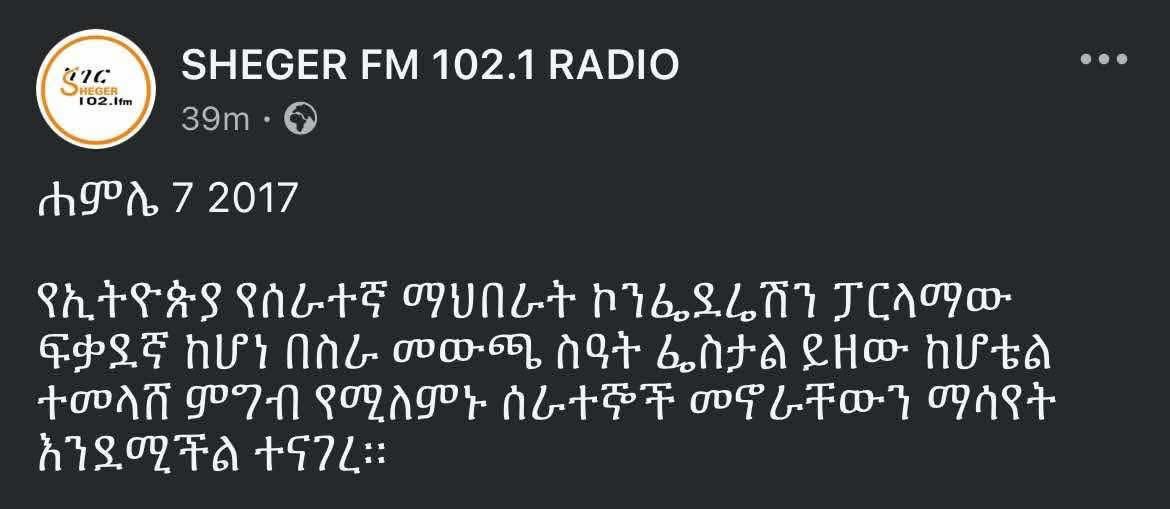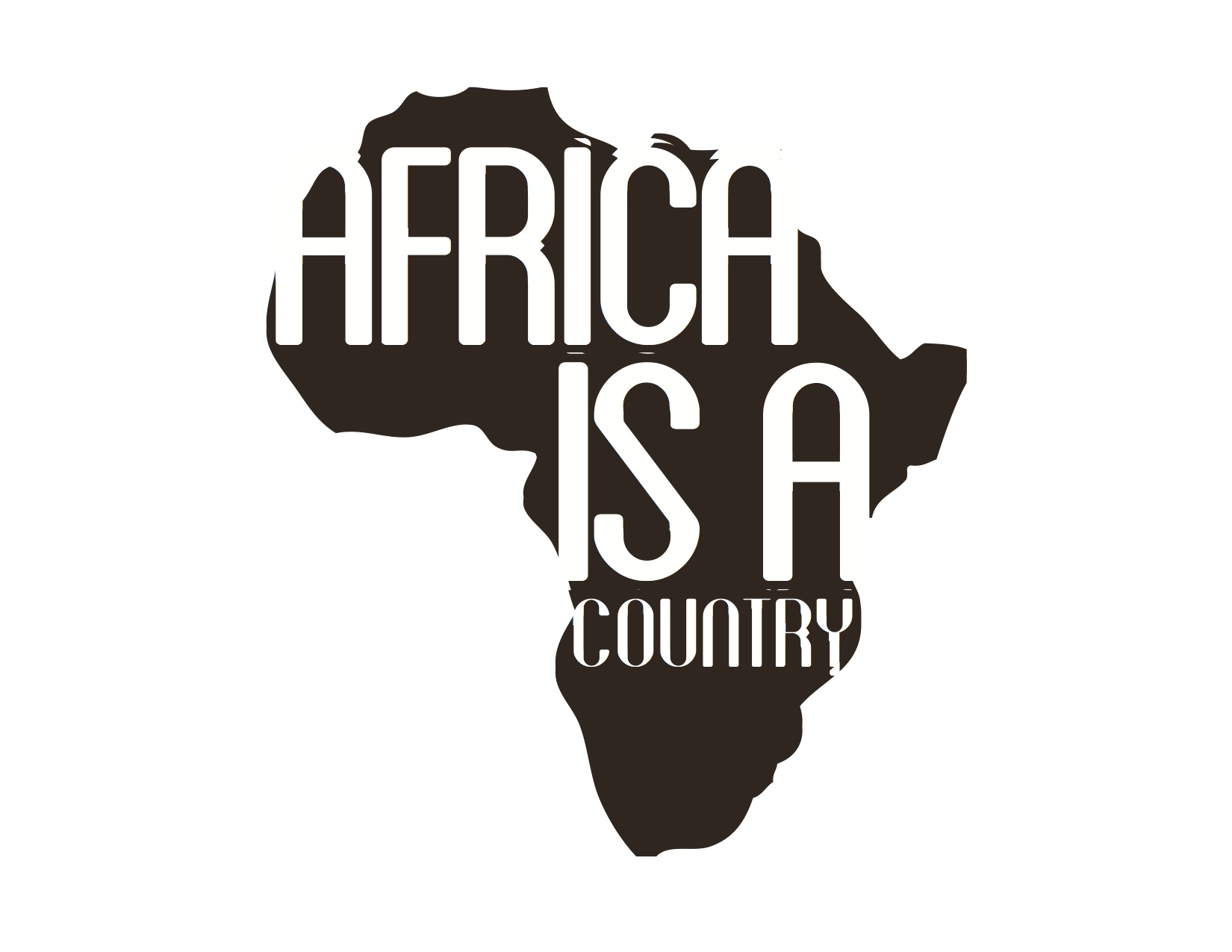Asmara, the capital of Eritrea, has 24/7 electricity, a milestone achieved with the completion of Phase I of the Beleza expansion project. This makes it the only major city in the Horn of Africa with a consistent power supply. While the city now enjoys reliable electricity, efforts are underway to further enhance the power grid and explore alternative energy sources.
Key Aspects of Electricity in Asmara:
24/7 Power:
Asmara and surrounding towns now have a stable 24/7 electricity supply due to the Beleza expansion project.
Grid Reliability:
The project also focuses on upgrading the Hirgigo power plant (Phase II) and all substations (Phase III) to further improve the power grid's operational capacity.
Potential for Renewable Energy:
Eritrea has significant potential for solar and wind energy, and the government is exploring ways to integrate these resources into the national grid.
Solar Street Lights:
Asmara is already utilizing solar energy to power street lights in certain areas.
Household Expenditures on Energy:
Studies indicate that households in Eritrea, even those with lower incomes, can afford electricity, as their spending on alternative lighting sources like batteries and kerosene is comparable to the cost of grid electricity.
Future Plans:
The Ministry of Energy and Mines (MEM) plans to increase power generation capacity by diversifying away from fossil fuels and expanding the use of renewable energy sources.
In summary: Asmara has achieved a significant milestone with the completion of 24/7 electricity, and the city is actively working towards a more sustainable and reliable energy future.
Horus wrote: ↑14 Jul 2025, 16:37
ፊያሜንታል የማታፍር ነጭ ድሃ!
ይህቺ ምን የመሰለች ያሜሪካ ነዋሪ አገር አለኝ ብላ አስመራ ብትሄድ የወር አበባዋ መጥቶባት መታጠቢያ ውሃ አጣች! አው አንተም አገር አለኝ ብለህ ኖረህ ትሞታለች




No electric
No Water
No Functioning bathroom


